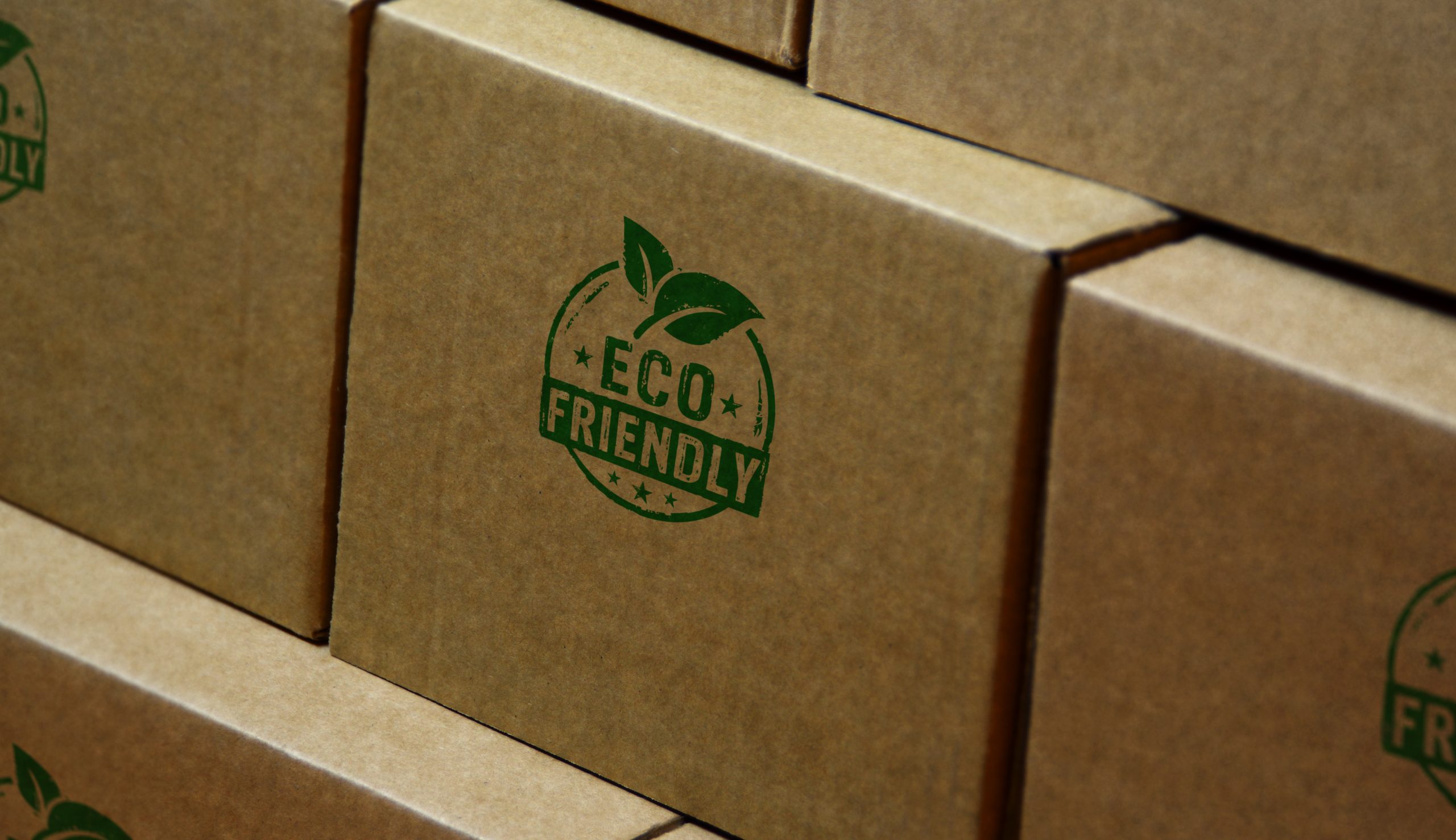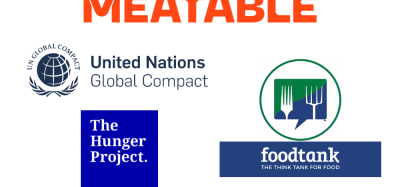Shifting towards radical climate transparency
- Like
- Digg
- Del
- Tumblr
- VKontakte
- Buffer
- Love This
- Odnoklassniki
- Meneame
- Blogger
- Amazon
- Yahoo Mail
- Gmail
- AOL
- Newsvine
- HackerNews
- Evernote
- MySpace
- Mail.ru
- Viadeo
- Line
- Comments
- Yummly
- SMS
- Viber
- Telegram
- Subscribe
- Skype
- Facebook Messenger
- Kakao
- LiveJournal
- Yammer
- Edgar
- Fintel
- Mix
- Instapaper
- Copy Link
Posted: 7 September 2023 | Kit Nicholl | No comments yet
Kit Nicholl explains why “radical climate transparency” is the way forward when it comes to generating consumer trust around sustainable food claims.


In an age marked by heightened environmental awareness, the food and beverage industry stands at a crossroads where sustainability and marketing converge.
Terms like greenwashing and greenhushing have come to the fore, exposing the discrepancies between what companies say and what they truly do. Yet, amidst the confusion, there is hope for a more transparent future – one where consumers hold the power to make informed decisions based on accurate data, and brands stand to turn genuine eco-friendly practices into market gain.
Getting a grip on greenwashing
Greenwashing, the art of presenting a façade of eco-friendliness while skirting substantial action, is an unsettling reality. But, with almost one in every three UK households now strongly considering environmental concerns when shopping, there’s a pretty penny to be made by pitching oneself as green.
As such, greenwashing is frequently used as a cynical marketing ploy, with corporate messaging actively aimed at deceiving consumers into believing that certain products are better for the planet than they actually are.


Nicholl explains his stance that there is money to be made by a company by pitching food as green to consumers
In other cases, greenwashing can stem from a gap in understanding among marketers about the complexities of sustainability. As highlighted by a recent Chartered Institute of Marketing (CIM) study, three-quarters of surveyed marketers have worked on sustainability-related communications despite not feeling qualified to do so, leading to fanciful claims that lack in accuracy.
But whatever the cause of these misleading claims, the result remains the same: misguided consumers and eroded trust.
In pursuit of greater transparency, regulatory measures like the UK’s Green Claims Code have been introduced. But while these efforts are well-intentioned, they can inadvertently breed a culture of inertia where brands, apprehensive of potential regulatory repercussions, find themselves reluctant to communicate – and by association take – sustainable action.
Putting climate impact in bold
So, what’s the route out of this mire? The answer lies in radical climate transparency. Imagine if every food or drink product carried a label that quantified its climate impact. This concept arms consumers with the power to discern reality from artifice, paving the way for informed choices.
For this empowerment to take root, education is key. The trajectory of nutritional labels is instructive as, over time, they’ve transformed the way we perceive our diets. A similar evolution awaits carbon labels. As nutritional labels have demystified our food choices, carbon labels can shed light on the ecological footprints of products, culminating in a well-informed and conscious consumer base.
The data needed to calculate the footprint of any food or drink product already exists and the companies that provide this service are plentiful – it’s for brands and retailers to take the leap and embrace climate transparency. Some countries, including France and Denmark, have already set dates by which carbon labels will be mandated, whilst others, the UK included, remain in the consultative phase. But with 60 percent of global greenhouse gas emissions coming from consumer use, time is of the essence.
A whole host of progressive brands, including Mindful Chef, Dash, Tenzing, Oatly and Coco di Mama, are already leading by example by adding carbon labelling their products. This in turn enables them to make demonstrable environmental claims in their marketing, without fear of falling foul of regulations. However, with only a portion of the market taking this approach, consumers have been unable to see the full picture and make meaningful comparisons – until now.
Carbon Calories at your fingertips
At Reewild, we’re working to change that, by making carbon information available to all. Through our new app, shoppers can discover the eco impact of millions of ingredients, recipes and products, through an in-app search function or by scanning barcodes.


The Reewild app allows consumers to discover the eco impact of food, and provides information on ingredients, recipes and products
Each item in the database carries a traffic light rating from A to E denoting its impact on the environment, and a unique Carbon Calorie (CC) value. One CC – a new unit intended to simplify the understanding of a product’s impact – equates to 1g of CO2e (carbon dioxide equivalent) emitted throughout the lifecycle of the product, from farm to fork.
The app invites users to track their daily consumption, by logging the items they consume in their personal carbon footprint tracker, in the mold of successful calorie counting apps such as MyFitness Pal.
The aim is to remain below a pre-set Carbon Calorie Goal, calculated in line with climate targets. To do so, users receive recommendations for switches to greener products and are rewarded for improving their footprint, unlocking exclusive discounts and promotions from sustainable brand partners.
By giving consumers access to this data, we help to equip anyone and everyone with the information and tools to make more sustainable choices.
We see Carbon Calories as a beacon of informed consumer power. They ensure that choices are rooted in data, not catchy slogans. The more brands commit to calculating the footprint of their products – before they’re mandated to do so by the government – the more accurate this carbon data becomes.
And the brands that truly commit to transparency will become not just market leaders, but also trailblazers in building a relationship of trust with the ever-growing number of eco-conscious shoppers.
As consumers, our trust is the currency we trade with brands. Authenticity and transparency are not just buzzwords; they’re the foundations of trust. A resounding 63 percent of those surveyed in the aforementioned CMI study crave honest communication about sustainability efforts. Brands that heed this call will undoubtedly rise above the noise. And by embracing transparency, they stand a chance to not only cultivate loyal followers but also contribute to a more sustainable future.
About the author
Kit Nicholl joined Reewild as a founding member, to help bring climate transparency to the consumer goods market, and empower businesses and consumers to track, reduce and offset their carbon footprint. He has past experience as a strategic communications professional with expertise in advising on political campaigns, corporate strategy, public affairs and reputation management. His prior experience also includes country risk consulting, providing a cross-sector client base with actionable analysis and forecasts on political, business and security risks. Over the past decade, Kit has been a trusted advisor to G7 governments, Fortune 10 companies and front-line politicians.
Related topics
Environment, Packaging & Labelling, Regulation & Legislation, Research & development, retail, Sustainability, The consumer









